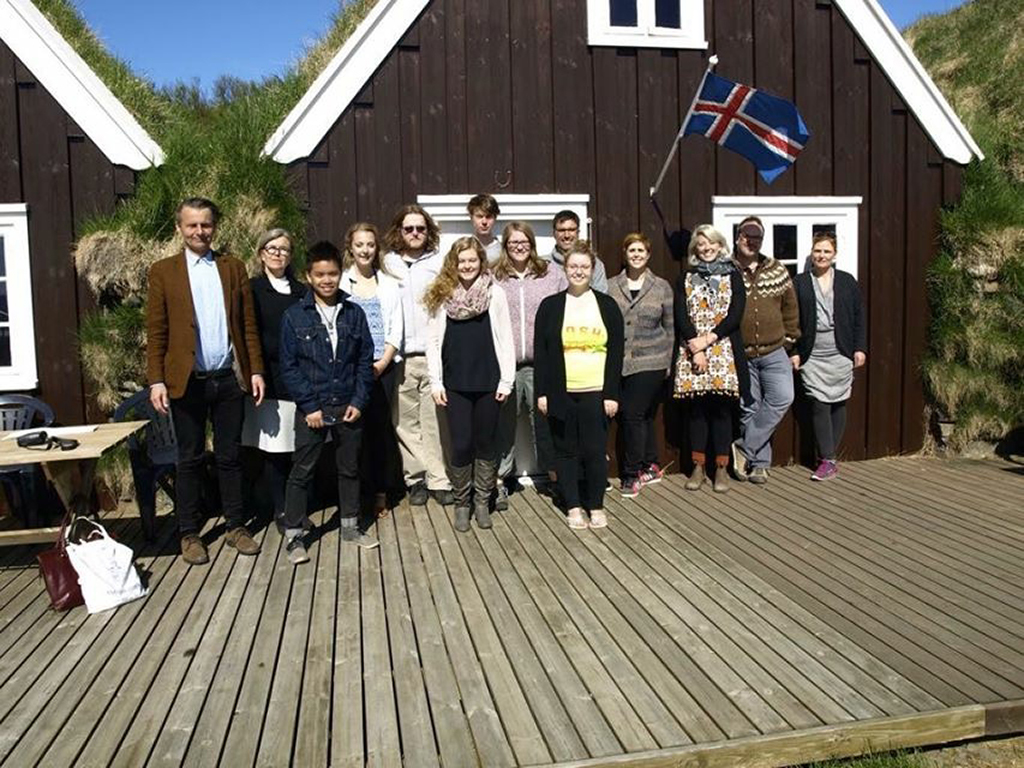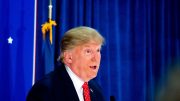After years of internal strife, many hoped that the Nov. 28 election in Ivory Coast would mark a return to democracy and political stability.
These hopes, however, have not been met. While the electoral commission — and the international community — have declared opposition candidate Alassane Ouattara the winner, the incumbent president Laurent Gbagbo has remained in power after having the constitutional court overthrow the election results.
The result has been a standoff with supporters of Ouattara — who are largely from the northern, primarily Muslim region of the country — with the backing of the international community against the supporters of Gbagbo. Once again, Ivorians fear the potential outbreak of civil war. Several thousand people have already fled to neighbouring Liberia.
Several countries, Canada included, no longer recognize the government of Gbagbo. The United Nations, among others, also has supported the cause of Ouattara. But what is interesting in this crisis is the role being played by the Economic Community of West African States (ECOWAS). ECOWAS, which is composed of 15 countries, has taken an active leadership role in the international attempts to remove Gbagbo. The presidents of Sierra Leone, Benin and Cape Verde travelled to visit Gbagbo and insist that he step down, offering an opportunity for political asylum, an offer that was refused. ECOWAS is even threatening the use of force and has, in the past, mobilized troops for use in other member countries. In the meanwhile, they have applied other sorts of pressure including, this week, forcing a Gbagbo ally to step aside as the head of the regional bank.
These actions are risky for ECOWAS. Ivory Coast is a major economy in a shared currency, which risks being devalued if this develops into a significant conflict. Any military intervention could also be financially costly for participating countries, not to mention establishing a precedent for future interventions. So although taking these bold political steps is significant for ECOWAS, it does not come without consequence.
ECOWAS’s actions are markedly different from other regional African organization’s responses to skewed election results. The South African Development Community (SADC), which includes fifteen nations in southern Africa, dragged its feet in response to Robert Mugabe’s refusal to step down after a controversial election in Zimbabwe. Similarly the East African Community (EAC) did little to stem the violence and political crisis that broke out after an equally skewed election in Kenya.
Hopefully ECOWAS’s model of active engagement and leadership to take on incumbents who ignore election results will spread to other parts of Africa. It presents a model of regional accountability. When African countries hold their own neighbours accountable, it is a far more powerful message that this type of behaviour will not be tolerated. Given the painful colonial legacies that reverberate through African politics, African nations are in a much better position than former colonial powers to take stands against recalcitrant neighbours. It dampers the charge of neocolonialism that despots have used to dismiss any opposition as a tool of imperialism. Being cut off from neighbouring countries removes important sources of financial and material support.
Both Zimbabwe and Kenya have new elections on the horizon, both of which could be as controversial as the last. Hopefully results are fair and clear and regional intervention is not required. But if it is, may their neighbours be as eager in achieving a just result as ECOWAS is. It is through the leadership of these regional organizations, with the support of the broader international community, that those who cling to power can be challenged and local solutions found.
Stefan Epp is hoping for peace and stability in the Ivory Coast.




” those who cling to power can be challenged and local solutions found.”
My friend, the problem in Ivory Coast is very different from Kenya and Zimbabwe.
There is a struggle against France in Cote d’Ivoire. Do you understand? The real issue in Cote d’Ivoire is not election, but French interference. Gbagbo is opposed to neo-colonialism..
Don’t praise ECOWAS yet! How can a Bank make decisions based on a disputed election and decides who is the president? Even if there is Coup d’Etat in a country, you don’t decide who is president, you look at what their government is.